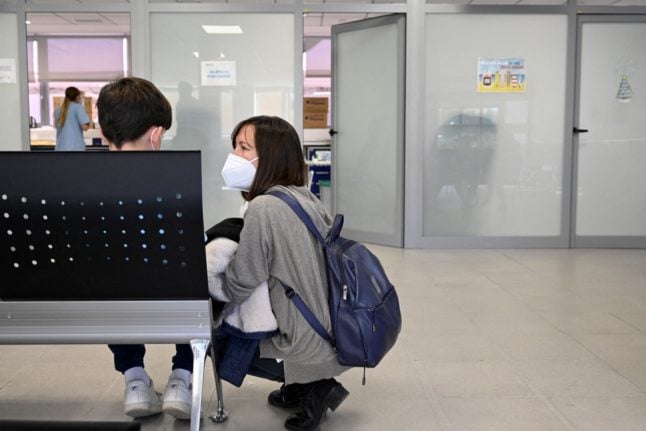Only 23,226 babies were born in December 2020, which is 20.4 percent less than in the same month of 2019.
Despite many predicting a baby boom because of lockdowns, the statistics agency INE has said that this is the lowest figure since 1941 when the birth records began and have blamed the pandemic for this.
The babies born during December 2020, would have been conceived nine months earlier during the home confinement period in March-April 2020, showing that Spaniards did not want to add to or start a family during such as uncertain time.
“Although the number of births has been showing a constant downward trend for several years, the decline has been accentuated nine months after the confinement of the Spanish population during the first state of alarm due to covid-19,” said the National Institute of Statistics (INE).
Spanish women now have an average of 1.23 children, compared with 2.8 in 1975, due to several factors including the lack of financial stability, having children later in life, and people wanting fewer children.
Spain’s birthrate is now the second-lowest in Europe after Malta and continues to suffer the consequences of the double recession and financial crisis in 2008-2012.
2019 had already been a historic year for falling birthrates at only 360,617 births said the INE, but the first half of 2020 set a new record, seeing only 168,047 births and showing a 4.2 percent decline from the first half of 2019. Full figures for 2020 have not yet been released.
“The numbers coincide with what we’d been expecting and what we’re seeing in other countries,” explains Diego Ramiro, director of the Institute of Economics, Geography and Demographics at the National Research Council (CSIC).
Births in Italy declined by 21.6 percent in December 2020 and dropped by 13 percent in France in January 2021, the lowest level since World War II.
Demographic experts across Europe have predicted a drop in birthrates throughout the continent in 2021, as young people of childbearing age have suffered some of the worst economic blows due to closures and job losses caused by the Covid-19 pandemic.
READ ALSO: New fathers in Spain can now enjoy 16 weeks paternity leave



 Please whitelist us to continue reading.
Please whitelist us to continue reading.
Member comments